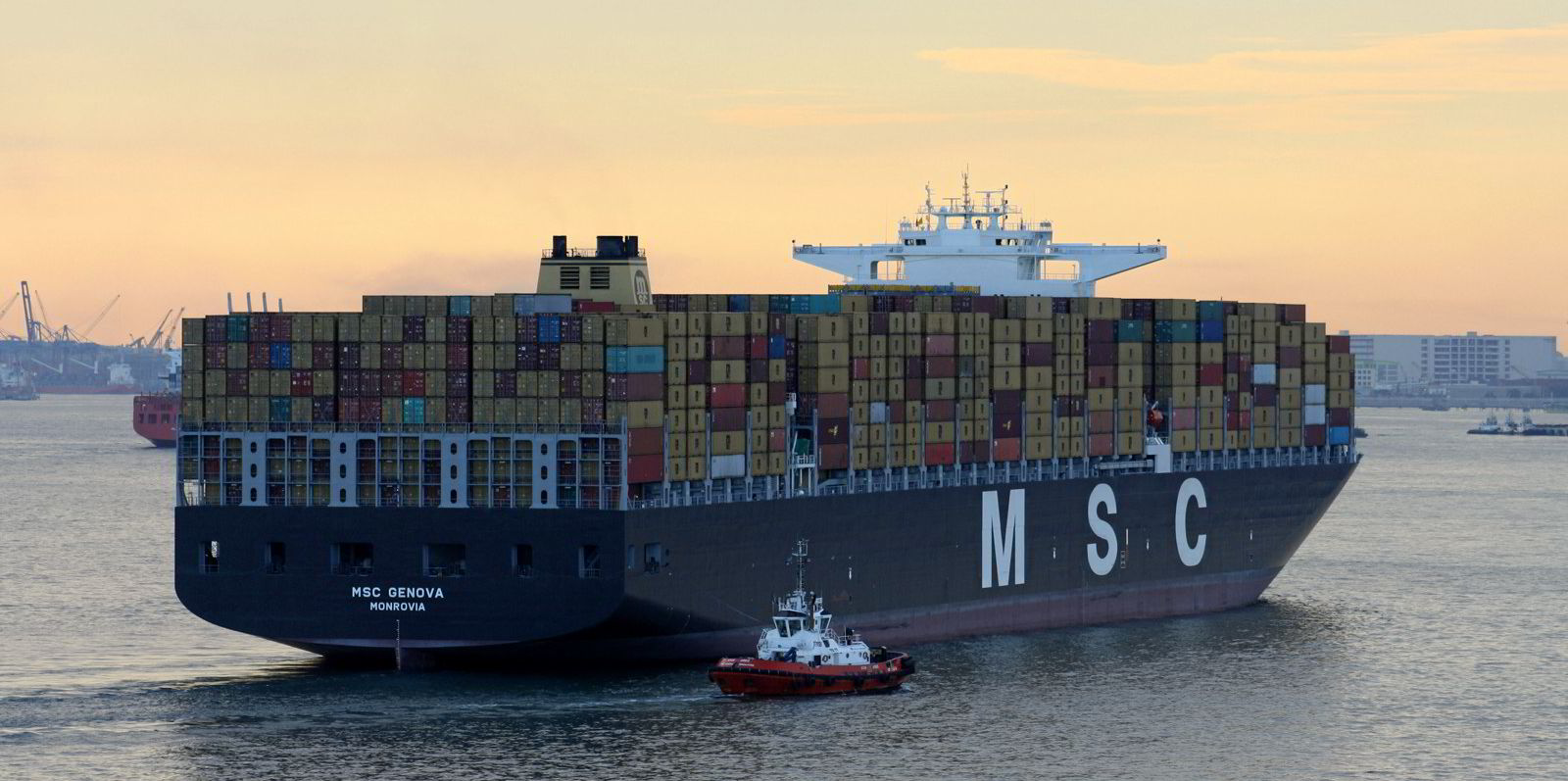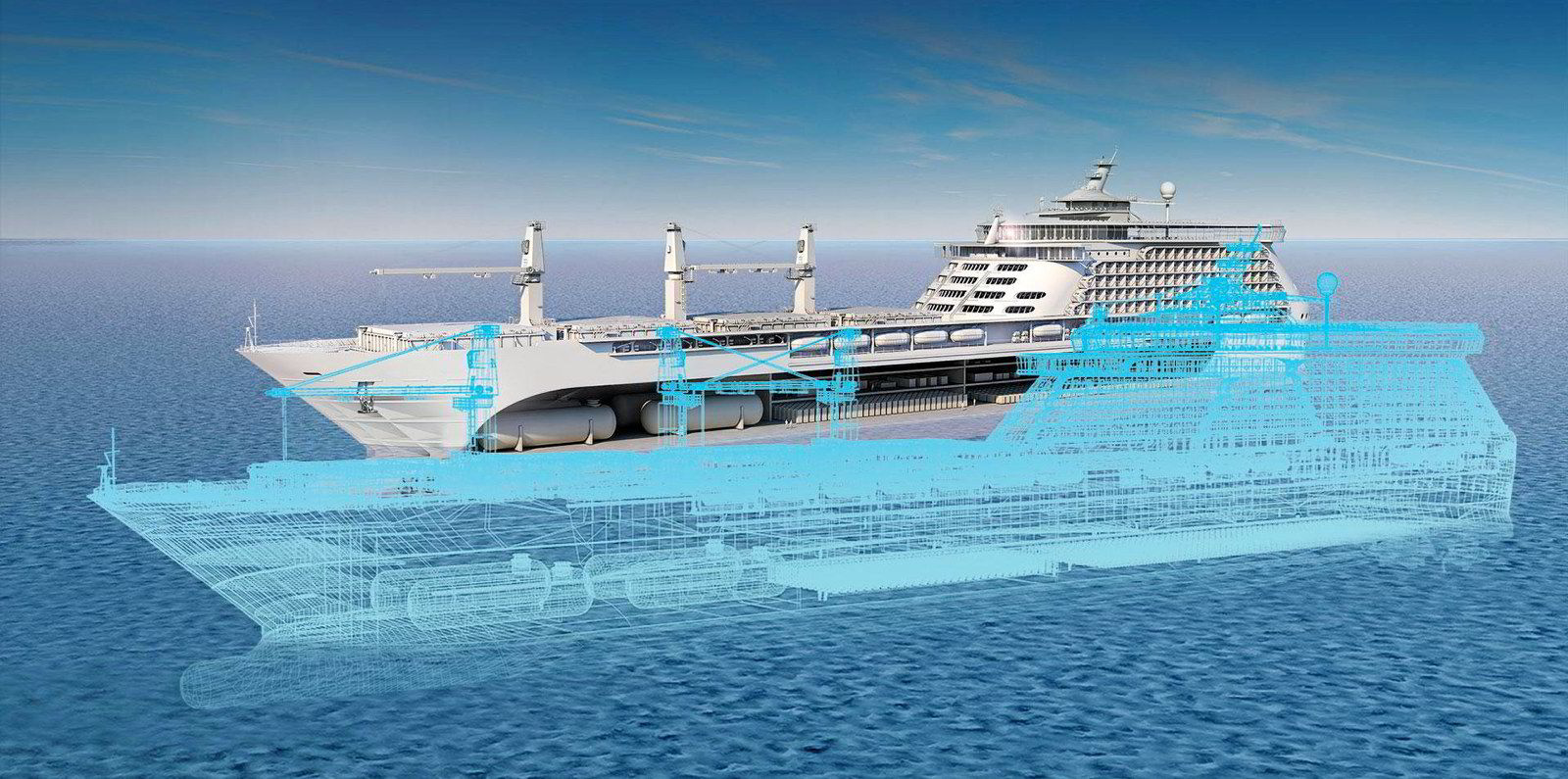Geneva-based Mediterranean Shipping Co (MSC), the world’s top liner company, said that the upcoming International Maritime Organization’s Carbon Intensity Indicator (CII) regulations will absorb about 7% to 10% of capacity across the global container fleet, covering multiple shipping lines.
The company, which joins a growing chorus calling for an operational indicator that rewards more productive ships, said the calculation on how CII will affect capacity is based on expectations of how vessels will be deployed to meet both the needs of customers and the required CII standards.
“On top of a range of design and technology efficiency measures, we have assessed that it will not be possible to achieve the required standards without a new programme of voyage optimisation that includes elements such as speed reductions and injecting additional ships into the network,” the company said on Tuesday.
“Just-in-time port call optimisation will also play a role,” it added.
MSC lent its voice to growing industry calls for the CII calculation methodology using emissions per dwt-mile to be revised to avoid unintended consequences that would distort the performance of a ship that spends a lot of time in port.
“As things stand, the proposed methodology could lead to situations in which a vessel’s rating would worsen simply because it spends more time in port. We respectfully question whether this unintended consequence could be avoided by amending the methodology,” the company said.
“It would be far better to have an operational indicator that would reward more productive ships, including based on cargo carried rather than on a theoretical value that may not correlate to transport work performed.”
Alphaliner ranks MSC as the world’s largest container shipping company based on teu capacity. The 707 ships in its vast fleet as of 1 November, 394 of which are directly owned, have a total carrying capacity of 4.56m teu.
MSC said it will support and fully comply with the CII regulation through a range of measures.
“We are very well prepared to do so,” the company said.
MSC said that as there are no net zero CO2 emission fuels available at scale in the short term, it will continue to make energy efficiency performance improvements to help ensure that its fleet keeps pace with the evolving regulatory standards in 2023 and beyond.
The company said it will continue to harness the latest ship design and technologies to modernise its fleet, retrofitting older vessels and incorporating the new technology in newbuildings that “include the world’s largest and most energy-efficient container ships”.





